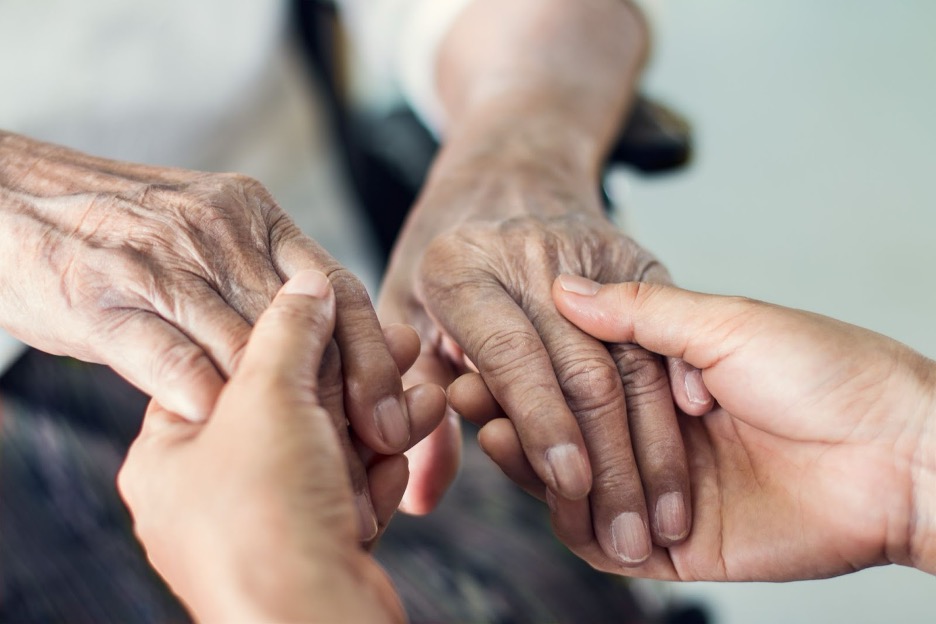
Traumatic Brain Injury (TBI) is a complex and often life-altering condition that can affect individuals physically, cognitively, and emotionally. Whether you’re a TBI survivor or a caregiver for someone with TBI, understanding the intricacies of TBI care is crucial for optimal recovery and well-being. In this blog post, we’ll explore the essentials of TBI care, including treatment options, rehabilitation strategies, and practical tips for navigating life after a TBI.
Understanding Traumatic Brain Injury (TBI)
TBI occurs when a sudden trauma or blow to the head disrupts normal brain function. The severity of TBI can range from mild (concussion) to severe, with potential long-term implications depending on the extent of damage. Common causes of TBI include falls, motor vehicle accidents, sports injuries, and assaults. Symptoms of TBI can vary widely and may include headaches, dizziness, memory problems, difficulty concentrating, mood changes, and physical impairments.
Comprehensive TBI Care: Treatment and Rehabilitation
- Medical Evaluation and Treatment: Following a TBI, seeking prompt medical attention is crucial. A comprehensive evaluation by healthcare professionals, including neurologists and neurosurgeons, can help determine the extent of the injury and guide treatment decisions.
- Rehabilitation Therapy: Rehabilitation plays a pivotal role in TBI recovery, helping individuals regain lost skills, improve functional abilities, and adapt to life with a brain injury. Rehabilitation therapy may include physical therapy to address mobility and balance issues, occupational therapy to improve activities of daily living, speech therapy to address communication and swallowing difficulties, and cognitive therapy to address memory, attention, and problem-solving skills.
- Psychological Support: Coping with the emotional and psychological impact of TBI can be challenging for both patients and their caregivers. Psychological support, including counseling, psychotherapy, and support groups, can provide valuable emotional support, coping strategies, and guidance for navigating the complex emotions associated with TBI. Addressing mental health concerns such as depression, anxiety, and post-traumatic stress disorder (PTSD) is essential for holistic TBI care.
Practical Tips for TBI Caregivers
- Educate Yourself: Take the time to learn about TBI, including its symptoms, treatment options, and potential challenges. Knowledge empowers caregivers to provide informed support and advocacy for their loved ones.
- Create a Supportive Environment: Establish a supportive and safe environment at home to facilitate the recovery process. Minimize distractions, ensure adequate rest, and implement strategies to reduce sensory overload, which can exacerbate symptoms of TBI.
- Encourage Independence: Encourage independence and autonomy whenever possible, while providing appropriate support and assistance as needed. Foster opportunities for your loved one to participate in decision-making and engage in meaningful activities that promote confidence and self-esteem.
- Practice Patience and Flexibility: Recognize that recovery from TBI is often a slow and unpredictable process. Practice patience and flexibility, and be prepared to adapt to changing needs and abilities over time.
- Seek Support: Don’t hesitate to seek support from healthcare professionals, support groups, and community resources. Connecting with others who understand the challenges of TBI caregiving can provide valuable emotional support and practical advice.
Conclusion
Navigating TBI care requires patience, resilience, and a comprehensive approach that addresses the physical, cognitive, and emotional aspects of the condition. By understanding the essentials of TBI care, accessing appropriate medical treatment and rehabilitation services, and implementing practical strategies for caregiving, individuals with TBI and their caregivers can enhance quality of life and promote optimal recovery outcomes. Remember, you’re not alone – support and resources are available to guide you on this journey toward healing and adaptation.
Venture Forthe is a provider of the TBI (traumatic brain injury) Waiver program. This program is designed to allow individuals who have suffered a traumatic brain injury or stroke to stay in or return to their homes and continue to make choices about their own care. Waiver programs are specifically for people who would otherwise be in an institution (nursing home, hospital) for long-term care.
The TBI Waiver promotes traumatic brain injury care and recovery in the least restrictive setting possible, such as a person’s own home, or the home or a loved one. The TBI waiver program at Venture Forthe includes an assessment to determine if additional services, such as counseling, life skills training, structured day program, education, or employment support, are needed.
Take the first step and contact us today for more information.
